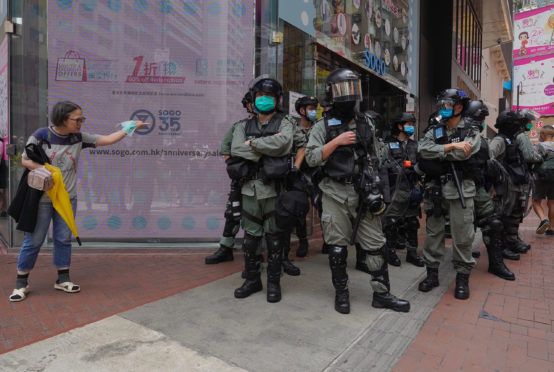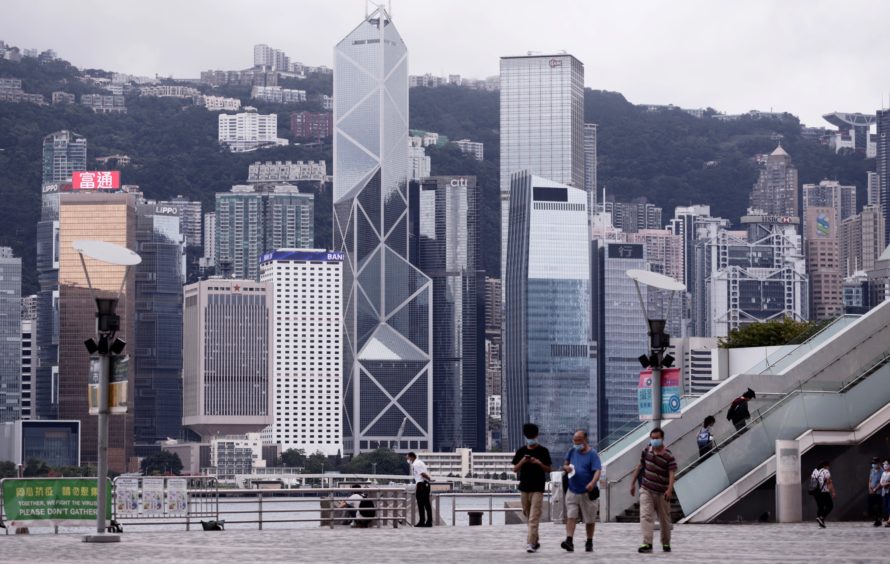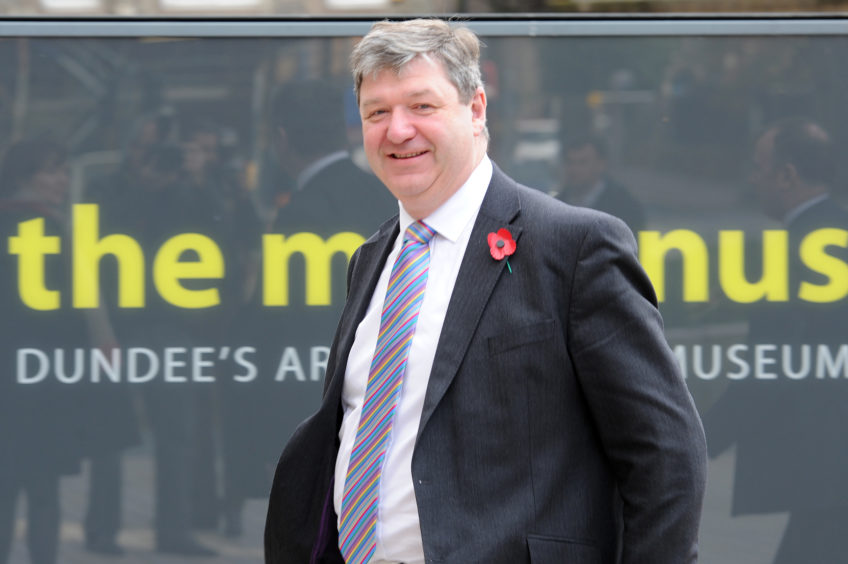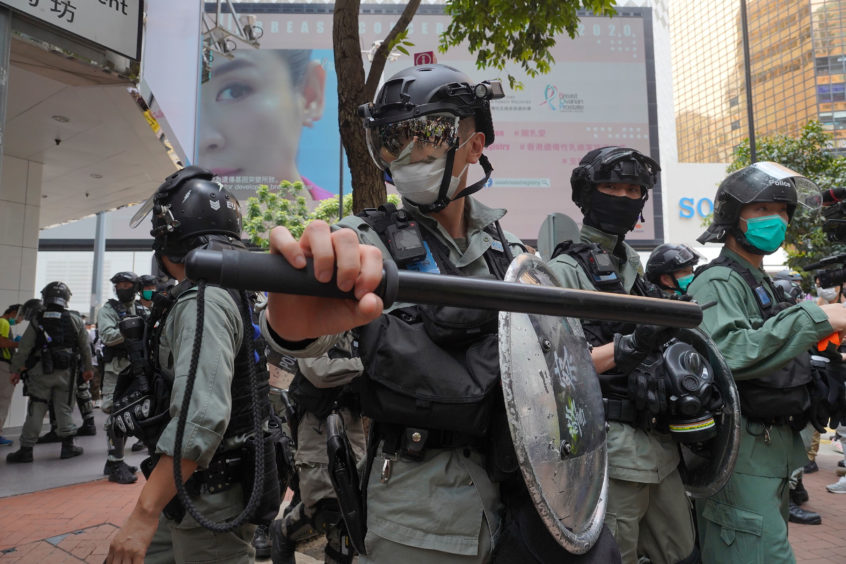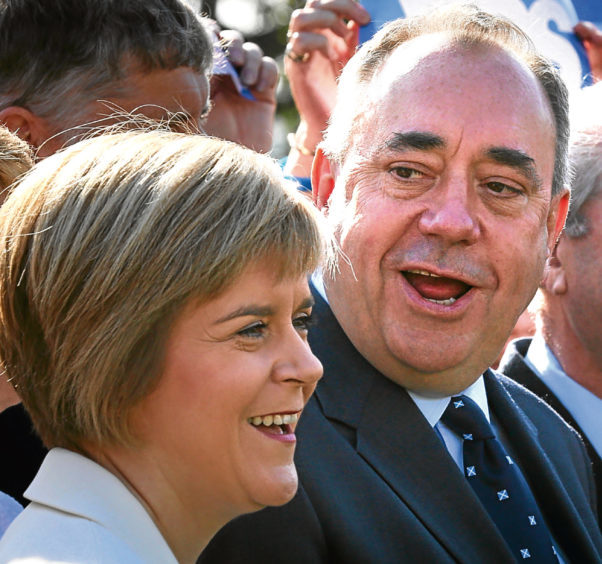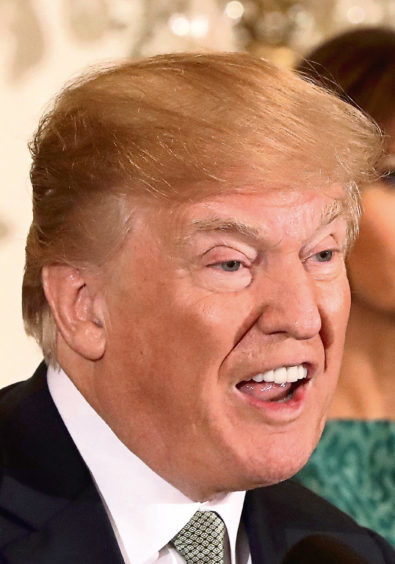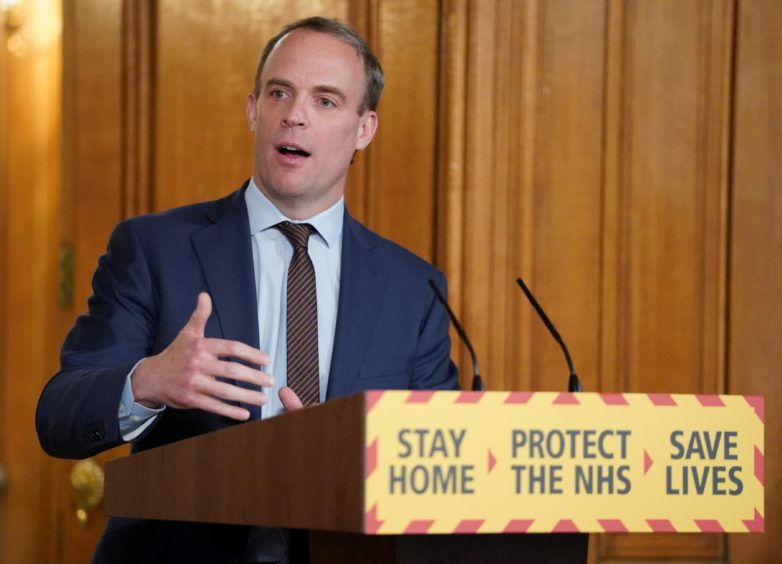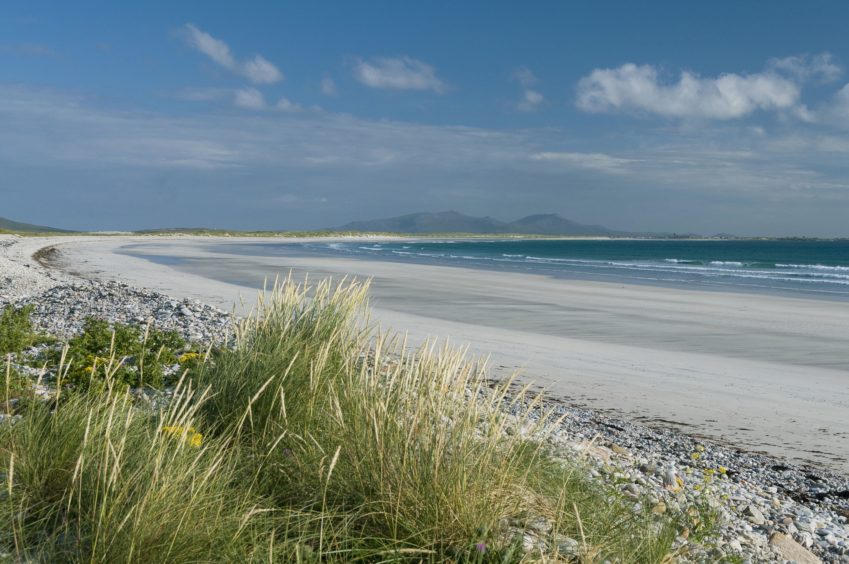The offer of a pathway to UK life must be offered fairly to all from Hong Kong and not be based on “poking China in the eye”, Alistair Carmichael has said.
Mr Carmichael, chairman of the All-Party Parliamentary Group on Hong Kong, was responding to Prime Minister Boris Johnson, who on Wednesday announced holders of British National Overseas (BNO) passports would be given extra rights to come to the UK
Mr Johnson said residents from Hong Kong could come to the UK for a renewable period of 12 months and be given further immigration rights, “including the right to work, which could place them on a route to citizenship”.
The Lib Dem chief whip remained cautious of the prime minister’s announcement, fearing it could lead to only the “rich and powerful” of Hong Kong being made an offer to come to the UK.
“The Lib Dems have been advocating this for years – right back to the 1990s when the whole idea of a different category of citizenship for Hong Kong Chinese was devised,” he said.
“It is a historic obligation we cannot get away from.
“Part of what we are getting here is welcome, but it is still all very vague.
“Talking of a pathway to citizenship is one thing, but we still don’t know what that pathway is going to be and who will be allowed on to it.
“The reason that matters is a lot of these people will be very wealthy, successful and highly attractive individuals. And what we mustn’t do is to allow them a pathway to citizenship that is excluded to people who are just as deserving, but not as rich.”
Young Hong Kong residents ‘deserve protection’
Despite being under the control of Beijing, of sorts, since 1997, the people of Hong Kong have enjoyed more freedoms than their Chinese counterparts – including the right to criticise Chinese authorities and policy and hold a commemoration of the Tiananmen Square demonstration and its subsequent squashing by the Communist Party.
A “one country, two systems” policy is to be maintained until 2047, which would have allowed for Hong Kong to continue as a capitalist city. A treaty was signed by the UK and Chinese governments in 1984 declaring as much, which is still recognised by the UN.
But a new law set to come into force, which would make such criticism illegal, has sparked waves of protest in the past 18 months.
It is estimated 350,000 Hong Kong residents hold BNO passports, but these were only made available to those living there before 1997.
Mr Carmichael, the MP for Orkney and Shetland, added: “Another concern is the arbitrary cut-off date in 1997, where you became eligible for a BNO or passport or not.
“A lot of people born after that date will meet all the same criteria but will be excluded from this pathway.
“These are the same young people out protesting, so they are going to be the ones who need the protection but aren’t going to have that available to them.”
Human rights
Protests in Hong Kong started after the chief executive of the island attempted to introduce a bill that would allow extradition to mainland China.
Those against the introduction of the law say it impinges on the freedoms protected by the Sino-UK treaty, which protects the rights of Hong Kong residents.
Human rights abuses have been catalogued by organisations including Amnesty International, which they claim include “unfair trials, torture, the death penalty” and suppression of ethnic groups including people from Tibet and the Uyghurs.
But with the UK on the hunt for trade deals as it leaves the EU, Mr Carmichael points out concerns from the Westminster government on human rights abuses could be a front for siding with Donald Trump’s US administration.
He adds: “We are seeing a shift in a British foreign policy currently. The announcement on BNO passport holders is the first significant indication of that.
“For the last two decades, the UK governments – because the Scottish Government have been just as guilty of this as the UK Government – have fallen over themselves to do trade deals with China, which have no regard at all to human rights.
“If this was a shift in emphasis, that is welcome but my concern would be that this is driven from the right-wing – Trump in America, Johnson in this country – who are using human rights as a shield for their true political motivations, which are about isolationism and populism.”
He continued: “Donald Trump has been in a trade war with China for the last two years. He didn’t run the trade war because he cared about the human rights of people in Tibet or Uyghurs, or because he cared about rules-based international order.
“If the BNO passport decision is something that is genuinely rooted in Britain standing up for the rule of law, internationally, then it’s a good thing. It’s a good thing done for good reasons.
“If it is about a poking China in the eye, to isolate China and to be part of an economic campaign driven from the White House, then it’s a good thing done for a bad reason.
“I’m suspicious more than concerned at the moment, but I think as we come out of Covid-19 we are going to see a more nakedly hostile policy among Western European nations towards China and we have seen it starting in recent months, look at the people who are talking about Huawei – it is the right-wing Atlanticists rather than internationalists.
“I don’t know whether Dominic Raab has been genuinely motivated by enthusiasm for the rule of law that he’s been indifferent so far.
“I don’t know if he’s had a sort of road to Damascus moment on that, or if he has just found a good excuse to do something that will play well in a different agenda.”
A solution for a falling population?
As far back as the 1980s numerous ideas on how best to serve BNOs were considered, including the rather “outlandish” one of repatriating millions of Hong Kong residents to an uninhabited Western Isle.
This did not come to fruition, but the initial scheme offering Hong Kong residents the chance to apply for a UK passport saw tens of thousands of people leave, emigrating to UK cities like London, Manchester and Glasgow, but also Vancouver in Canada and metropolises in Australia and the US.
The Scottish Government has highlighted the need for immigration to boost the country’s population, which would be in decline without people from overseas coming to live and work here.
But do large numbers of people from Hong Kong want to come to the UK, effectively the other side of the globe?
“I’ve always advocated welcoming and inclusive immigration policy,” Mr Carmichael adds.
“But let’s do that because it’s good for our economy and it’s good for our standing on the world stage, rather than it being the only tool in the economic toolbox for a generation.
“I’ve seen so many schemes over the years of people saying ‘this could be the saving of our island communities’.
“But, really, if you’re serious about saving their communities start talking to the people of the island communities rather than coming up with some hair-brained schemes.
He continued: “Hong Kongers shouldn’t have to come to Britain. They should be able to live in a safe and secure and stable community in Hong Kong and I’m sure that’s what most of them want.
“It is what Britain and China both sought to guarantee with the joint declaration and that is what I am sure most of them will want to do.
“Very few people really want to leave their country and travel to the other side of the world unless they absolutely have to.
“But it is now becoming an important part of that guarantee that we should offer the right of abode to those who may not find that they are able to be in a stable and safe environment in Hong Kong.”
